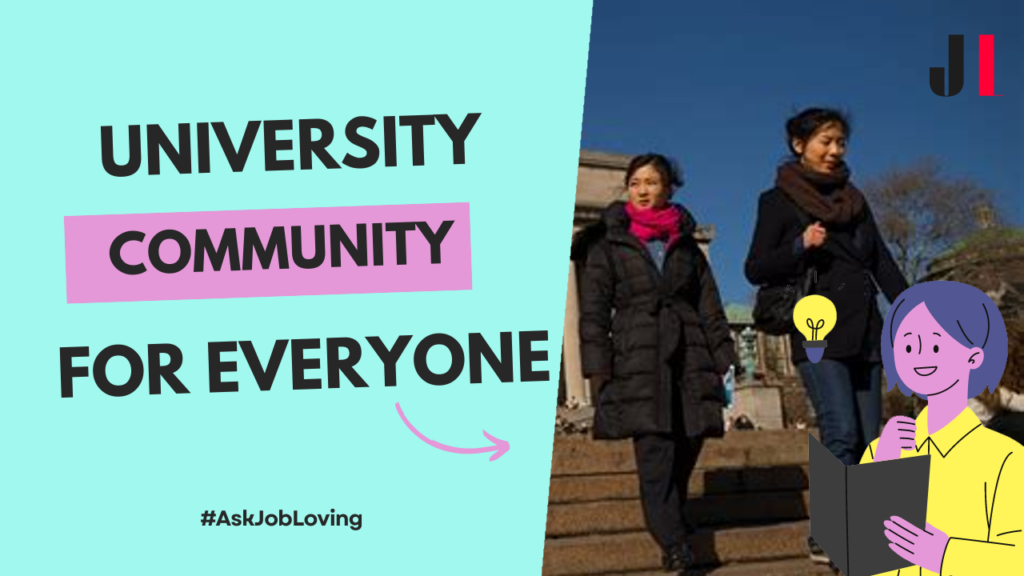What is Sexual Harassment at Columbia University?
Sexual harassment at Columbia University refers to unwelcome behavior of a sexual nature that creates an intimidating, hostile, or offensive environment. It can occur in various forms, including verbal comments, unwanted physical contact, sexual advances, and even digital interactions. Columbia takes these issues seriously and has policies in place to address and prevent such misconduct.
Understanding what constitutes sexual harassment is essential not only for the safety of all students but also for fostering a respectful educational environment. Harassment can depend on both the content and duration. For instance, a single inappropriate comment may not rise to the level of harassment, but repeated unwanted advances can. In 2017, Columbia University expelled a student, Mr. Feibleman, after a disciplinary panel found him guilty of serious offenses including sexual assault and harassment. This case highlighted the university’s commitment to addressing violations of its policies.
Furthermore, the process of filing a complaint can often be long and arduous. It’s crucial for victims to know they are not alone; they can seek support from university resources that offer assistance during this sensitive time. While filing complaints may require discussing deeply personal experiences, Columbia provides avenues for confidential support to help navigate these challenging situations. Moreover, the university has been historically criticized for its slow handling of cases, leading many to wonder about the adequacy of its responses.
The Importance of Reporting and Support
While there has been much discourse around the systemic issues of sexual harassment within educational institutions—Columbia included—it’s important to remember that the culture at the university asserts that sexual harassment is not tolerated. Reporting incidents is a vital step toward ensuring accountability and fostering change.
Columbia’s system includes a Title IX office that handles sexual harassment complaints and supports those affected by misconduct. Students facing harassment should feel empowered to come forward without fear of retaliation. Institutions like Columbia have made strides in addressing these injustices but acknowledge there is still work to be done to support survivors effectively.
In conclusion, understanding what sexual harassment entails at Columbia University—recognizing it as a serious violation of rights and dignity—is crucial for maintaining a healthy campus atmosphere. Whether through reporting infringements or seeking help after an incident, everyone plays a part in creating a safer environment.
If you’re looking for more information or need assistance regarding sexual harassment at Columbia University, connect with us at the JobLoving community. Together, we can champion respect and accountability on campus!

